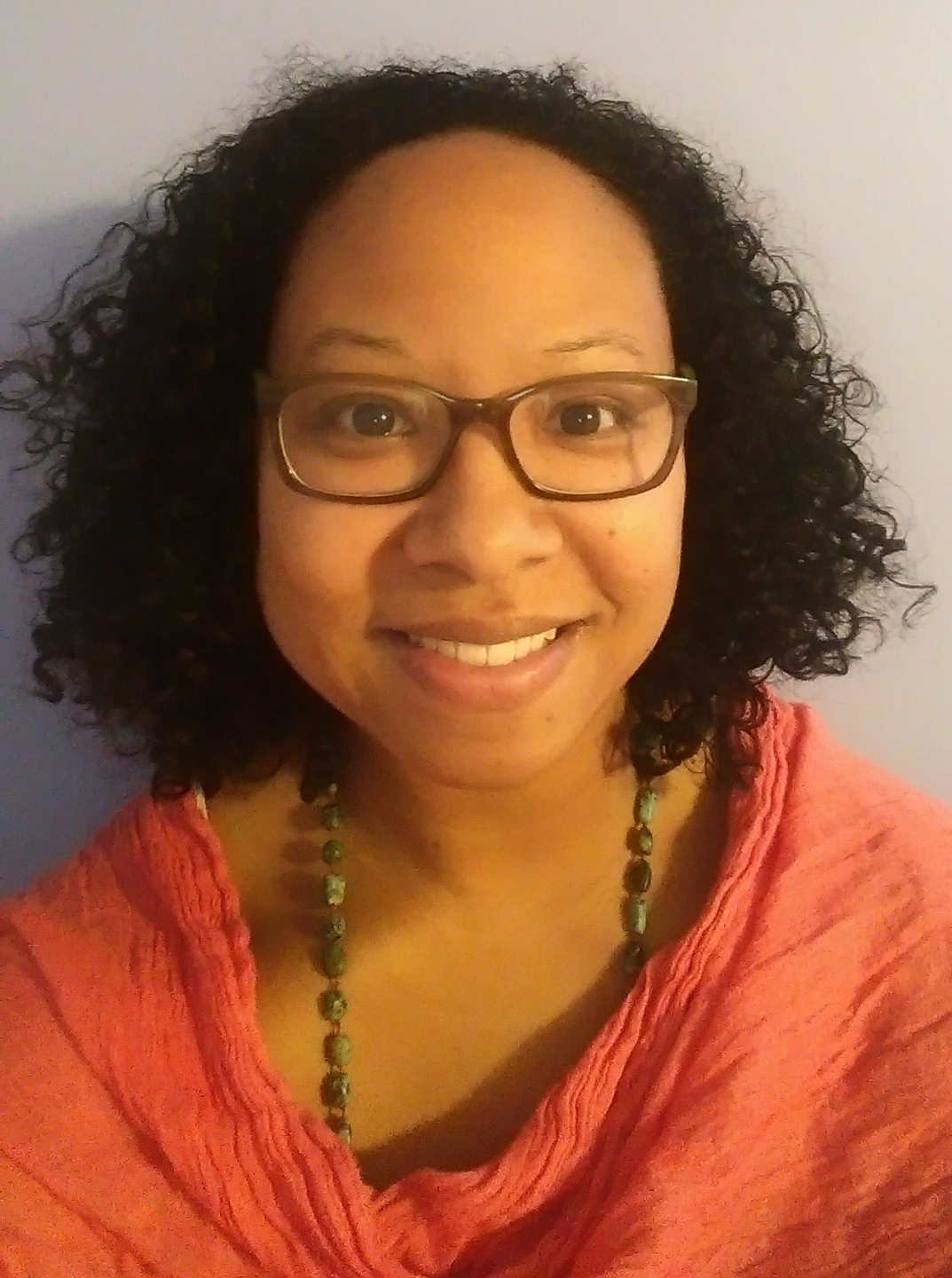
Herbal medicines from Africa — advice for our church members?
Gloria writes:
Sixty-five percent of our congregation at St. Nicholas Catholic Church are Africans. Our health ministry presents programs on health and nutrition and many of our members would appreciate information on using herbs from Africa. Can you help our church learn more about about herbs from African countries?
Happy new day Gloria,
Thank you for your beautiful inquiry.
I am a Chinese and DCAUS (Descendant of Captured Africans in the United States) woman, healer, herbalist and licensed massage therapist in the Washington, DC area. In more recent years, I have set the intention to have my contribution in the herbal community to be in the form of counter storytelling. Oftentimes, folks of color, and specifically Africans and descendants of Africans, come from oral traditions and our stories may not be recorded because literacy could cost you your life during times of enslavement.
I often tell folks just because it was not written down does not mean it did not happen. The ancestors of every group of people on this planet has had some sort of relationship with plant spirit medicine, which is how I refer to herbs. Each plant has its own energetics, personality, unique expression and contribution. When I was studying herbal medicine in graduate school, it was my desire to write specifically about a plant that African women had knowledge of and that curiosity lead me to cotton root bark, which I wrote about here.
Through prayer, grace and persistence, I was able to able to trace the use of cotton root bark back to the Mandinka people in Africa. African women used this plant to control their fertility during times of famine, used the plant rhythmically and also used the plant part to intentionally terminate pregnancy. (Note: I would NOT suggest that folks use cotton root bark in this manner without guidance and extensive research.) I did the majority of the research for my thesis at the Schomburg Center for Research in Black Culture in Harlem, NY. The librarians are very knowledgeable and the wealth of information that is preserved between those walls is fascinating, overwhelming and affirming.
While doing research, it was such a joy to become reacquainted with Work Projects Administration (WPA) narratives. This body of work contains the testimonies of over 2,000 ex-slaves and was recorded between 1936-1938. I was able to get a glimpse into “life” on the plantation, as well as have access to first hand accounts about a few herbs and what herbs were used for which ailments.
To ground this knowledge back to Africa, African people were very advanced. There were established cities of well over 30,000 people during times when folks were nomadic, intricate trade routes crossed multiple continents and an abundance of natural resources from minerals to gold to diamonds and spices. There were also very high levels of sophistication as expressed through the use of currency, the knowledge of breeding animals, the use of vaccinations and the more than 100 species of global food supplies such as tubers, pearl millet, sorghum, coffee, black eyed peas, okra and a variety of species of rice, just to name a few. In fact, plantation owners in the Americas captured Africans from very specific areas of African just for their knowledge of agriculture, specifically rice in the Carolinas.
I could go on and on about the brilliance of Africa and all of its descendants, however, when we ground it on this land and in this realm, that conversation will be overshadowed by an unspeakable level of harm and torture. There is a deep disconnect from our true history and experience that is often not taught in school and quite frankly is probably unknown to many. This is one of the reasons why we are not able to access the brilliance of our plant teachers today, which was the seed of your initial inquiry. This is why I am committed to being a vessel for information and teachings from our ancestors. This is why it is important for folks of color to lift up the stories, experiences and knowledge of our ancestors.
A few books that come to mind, and could guide you as you plan a program for your congregation, include the following:
African American Slave Medicine: Herbal and Non-Herbal Treatments by Herbert C. Covey
In the Shadow of Slavery: Africa’s Botanical Legacy in the Atlantic World by Judith A. Carney and Richard Nicholas Rosomoff
Handbook on African Medicinal Plants by Maurice M. Iwu
Please reach out if there is any way that I can support and foster a learning space that is committed to the reclamation of our indigenous knowledge through plant spirit medicine.
Sending you inspiration, joy and curiosity,
Karen

Karen L. Culpepper (she/her/hers) is a Chinese-DCAUS (Descendant of Captured Africans in the US) clinical herbalist and licensed massage therapist. She is founder of the MD-based clinical herbal practice, Embracing Rhythm, and apothecary, Sacred Legacy Herbal Apothecary. Karen’s unique herbalist contribution centers on the ways in which the energetics of plant medicine can support deep healing. Her particular focus areas are intergenerational trauma and its impact on physiology and womb restoration. Within the intersection of historical trauma of the African slave trade and womb healing, her study and knowledge of cotton root bark was recently published in the Journal of the American Herbalists Guild and offers a powerful perspective on role of plant spirit healing in the context of political changes and reproductive resistance. Karen is also ⅓ of the Oxalis Collective, a group of three healers of color that offer healing support to activists in movement spaces. Send all inquiries to Karen through www.oxaliscollective.com.

